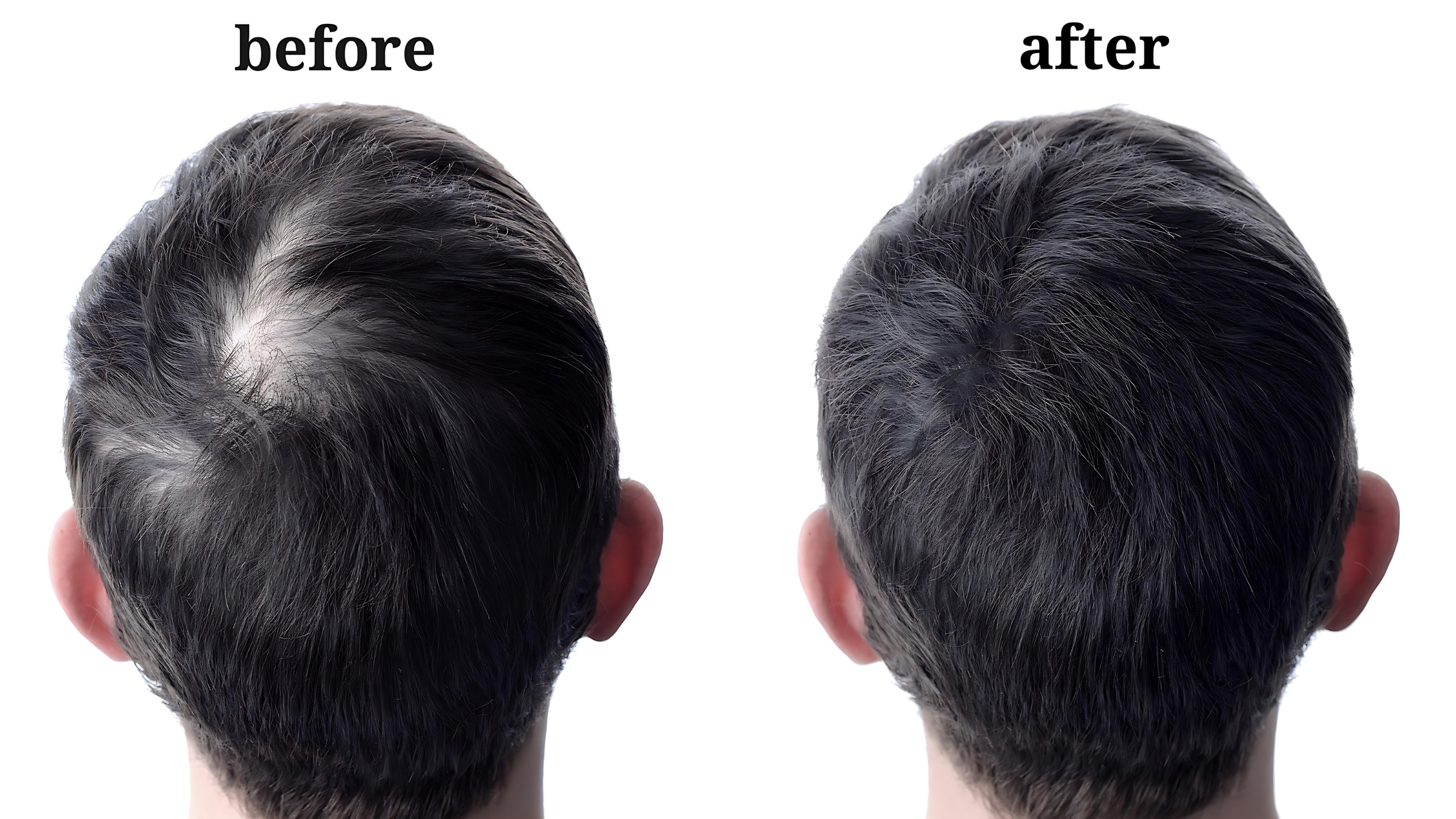
Hair loss can be a distressing experience, affecting self-esteem and confidence. Fortunately, advances in medical science offer solutions, and one of the most effective treatments is hair transplantation. In this comprehensive guide, we’ll explore everything you need to know about hair transplants, from the procedure itself to recovery and potential complications.
What Is a Hair Transplant?
A hair transplant is a surgical procedure that relocates hair from areas of the scalp with healthy growth (the donor site) to areas experiencing thinning or baldness. Whether you’re dealing with male pattern baldness, alopecia, or other forms of hair loss, a hair transplant can restore your crowning glory.
How Does It Work?
The process involves taking grafts (small pieces of skin containing healthy hair) from the donor site (usually the back of the head) and transplanting them to hairless parts of the scalp. Once the transplanted skin heals, it continues to grow hair, providing a natural and lasting solution.
Types of Hair Transplant Surgery
- Grafting: The most common type, where tiny pieces of the scalp containing healthy hair are moved. These micro-grafts can contain one to two hairs each.
- Scalp ReductionA procedure that reduces the bald area by surgically removing part of the scalp.
- Flap Surgery:Involves moving a flap of skin with hair from one area to another.
- Tissue Expansion: A technique that stretches the scalp to create more donor skin.
Who Is a Candidate for Hair Replacement?
You may be a suitable candidate if you:
- Are in good health.
- Have realistic expectations about the results.
- Still have areas of thick hair growth on your scalp.
Recovery and Outlook
After the surgery, your scalp will need time to heal. While hair transplants are effective, they do come with a significant cost and recovery period. However, the long-term benefits often outweigh these considerations.
Conclusion
Hair transplants offer hope to those struggling with hair loss. Consult with a dermatologist or plastic surgeon to determine the best approach for your unique situation. Remember, your crowning glory deserves the best care!